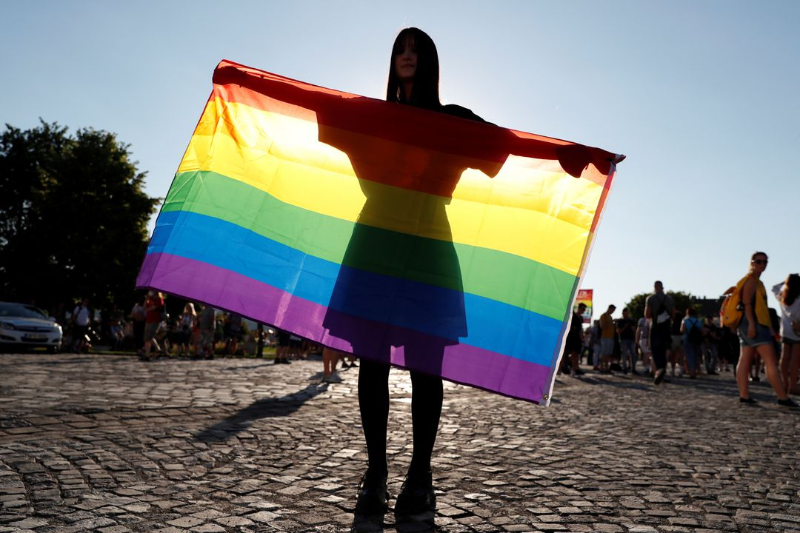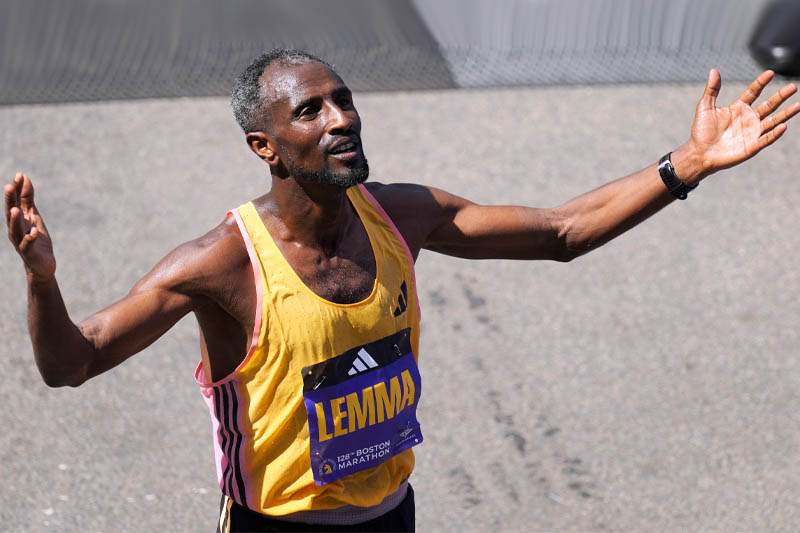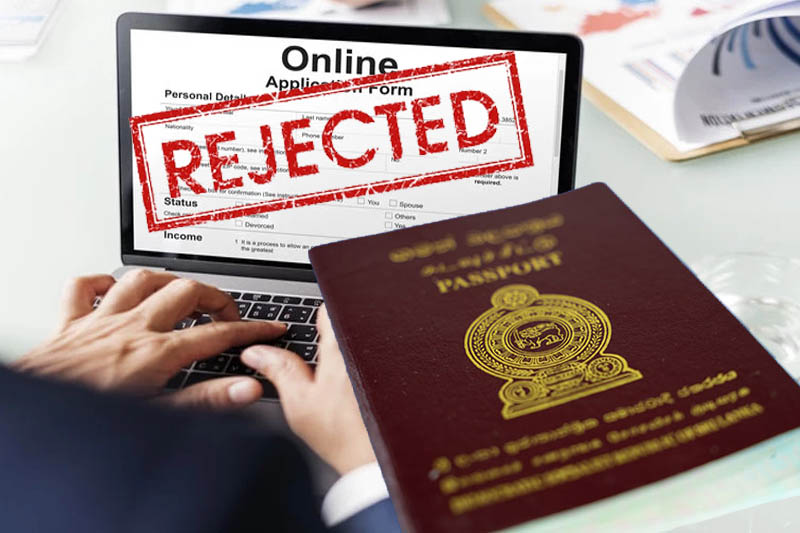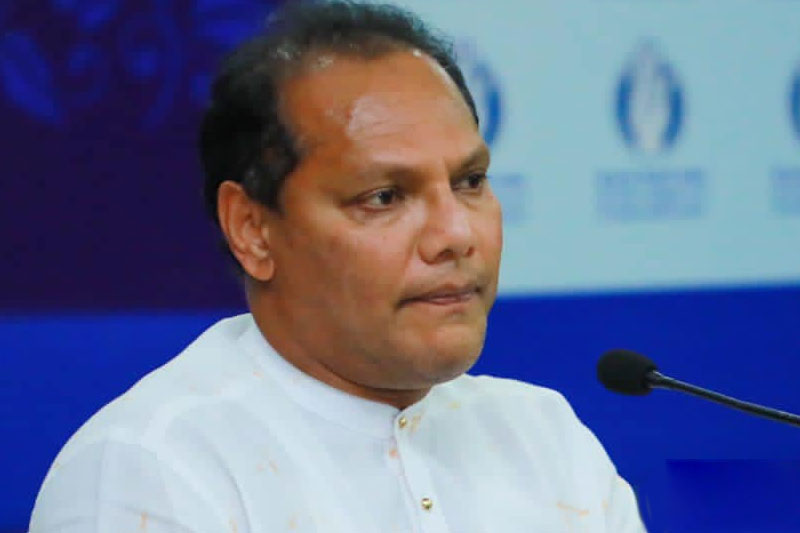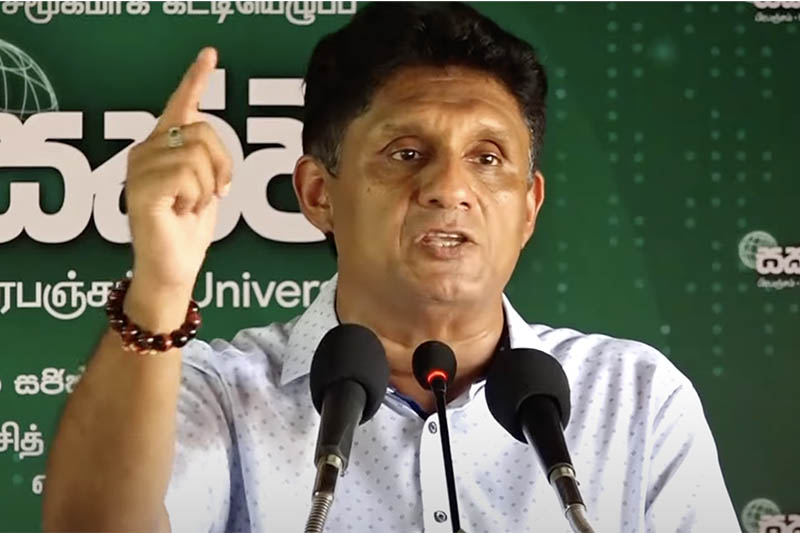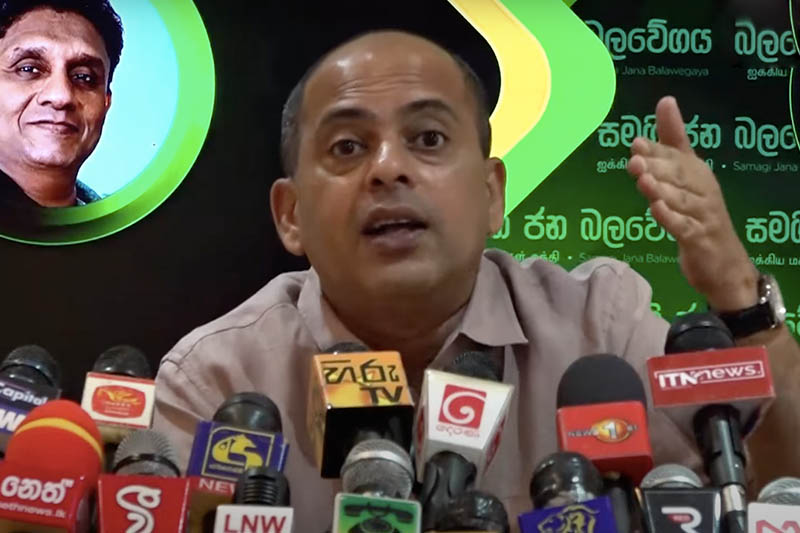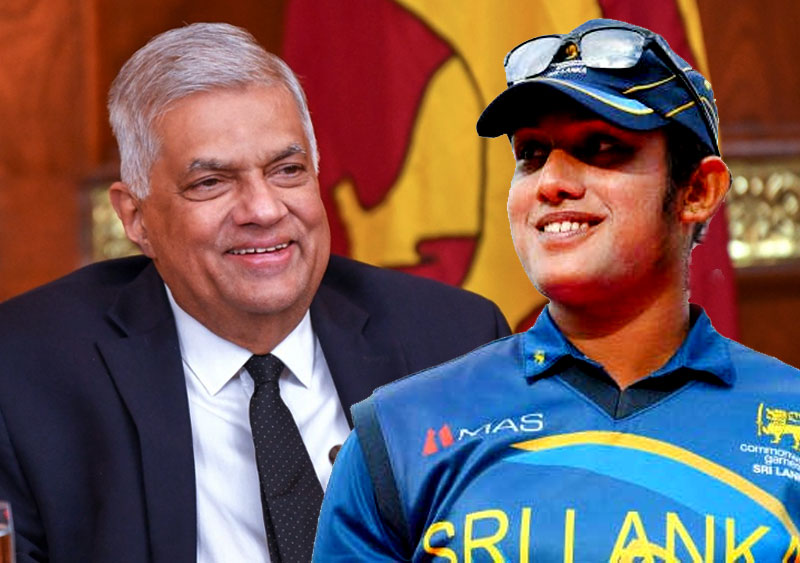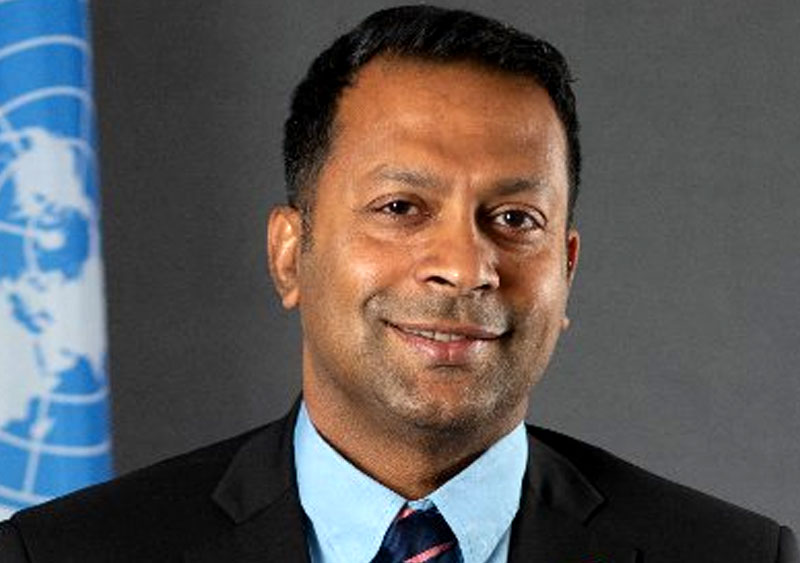In the run-up to the UN Human Rights Council meets in September, the government has repealed anti-LGBT+ laws found in the Emergency legislation.
A team of UN rights experts are to visit Sri Lanka on a fact finding mission over the country's rights record before the UNHRC's 51st session in Geneva.
After being elected President through parliament in July 2022, Ranil Wickremesinghe has acted to repeal sections 365, and 365A which are provisions within the Emergency Legislation allowing for police and military enforcement against LGBT+ people.
The gazette notification announcing the repeal came about on the 7th of August.
Section 365 and 365A criminalise ‘carnal intercourse against the order of nature between man, woman, and animal’ and ‘any act of gross indecency’ respectively. The repeal, though not for the entire legislation, has come about just as the gates open for the United Nations team visit.
Human rights organisations have continuously urged that these specific laws ought to be repealed. The United Nations Committee on the Elimination of all Forms of Discrimination against Women issued a landmark judgment on 23 March 2022 urging Sri Lanka to repeal these forms of statutory legislation.
‘The punishment is worse than Saudi Arabia’s punishment for homosexuality’ stated lawyer, activist, and member of the LGBT+ community Aritha Wickremesinghe.
The rights experts visit to Sri Lanka was confirmed by the UN.
"As in previous years, a team from the Office of the High Commissioner for Human Rights (OHCHR) will conduct a visit to Sri Lanka for consultations with the Government and other stakeholders to discuss the human rights situation in preparation of the Report on Sri Lanka that the High Commissioner will present to the Human Rights Council session in September," said the UN office in Colombo.
A recent report of the UN special rapporteur on slavery too suggested decriminalising same-sex relationships, to ‘reduce the risk of exploitation and abuse’.
International Human Rights organisations including Amnesty international and Human Rights Watch have called for repealing the colonial-era laws.
“Being persecuted for sexual orientation or gender identity has no place in our world today,” Amnesty has said.
The demands gained momentum after the Wattala Magistrate’s court dismissed a case against a 22-year-old lesbian woman (given the alias Saisha) whose parents had filed the case against the woman to get her declared mentally ill.
Following arguments, the Magistrate concluded that there was no proof of ‘mental illness’ and that Saisha had not committed any crime. The case was then dismissed, with the Court acknowledging that homosexuality is neither a disease of the mind nor a criminal offence.
Human rights considerations are also included in the European Union’s privileged access scheme known as the Generalised Scheme of Preferences Plus (GSP+) enjoyed by Sri Lanka.
The scheme which gives preferential access to the European market has human rights conditions attached. The commitments include preventing the discrimination of the LGBT+ community.
GSP+ is due for renewal in 2023.
Related News:
LGBT+ rights activists express grave concern over newly passed emergency regulations

